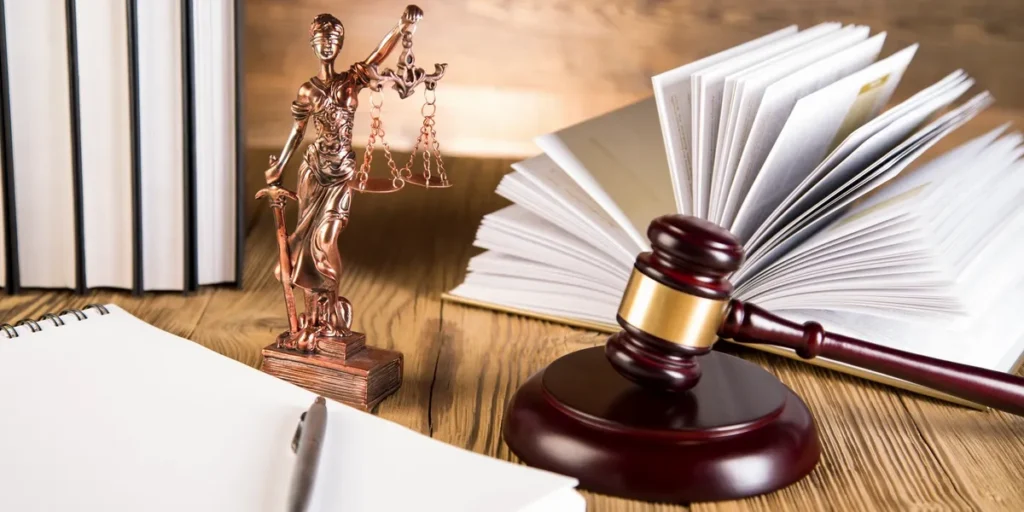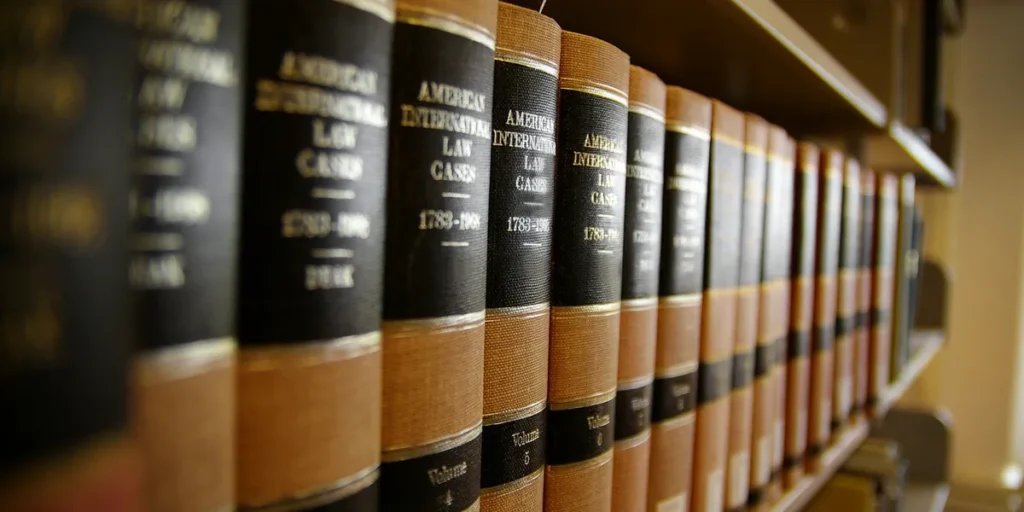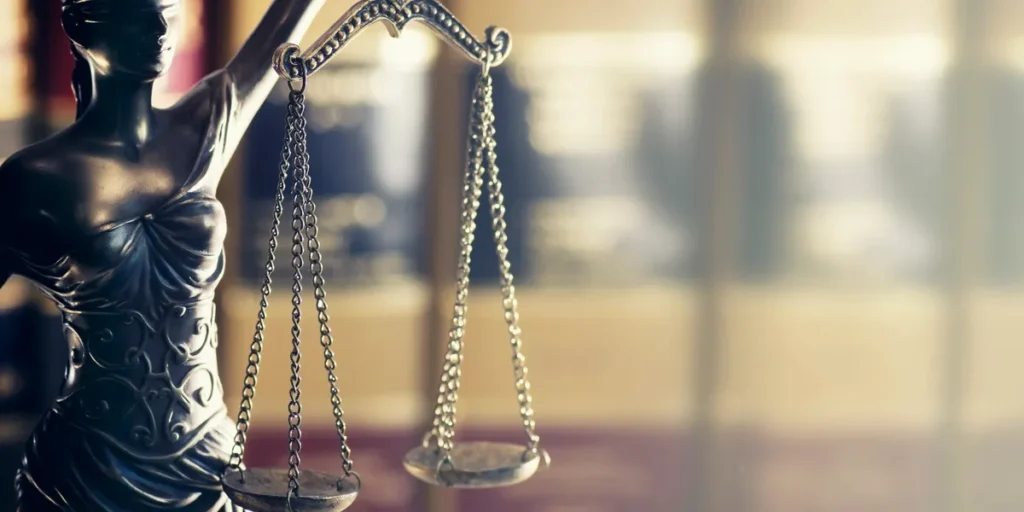
A felony charge is a serious matter that can have just as serious consequences if a conviction follows. It can upend your life, so fighting the charge is often your best option. Of course, many factors should be considered if, when, and how a felony is fought.
Felonies are the most serious type of criminal offense. Felonies are classified by letter to identify the level of severity of the felony. A Class A Felony is the most serious type of crime, and Class I felony is the least severe felony.
A felony conviction is life-changing, and depending on the case can lead to monetary fines, a lifetime ban against possessing firearms, ineligibility to vote while in prison, ineligibility to serve on a jury, and more.
Our law firm will review any misdemeanors charged in your case, explain what those charges mean, and advise you on your best legal options. Contact us today to schedule a consultation and get the best representation you need in your unique circumstances.

Class A felonies are the most serious type of crime in Wisconsin. Consequences include:
Crimes qualifying as Class A in Wisconsin include:
Class B felonies are less severe than Class A but more severe than almost all other crimes. Punishment can result in:
Class B felonies often include crimes like:


Class C felonies are the less serious than Class A and B felonies but are still severe crimes. Often a conviction of a Class C crime will result in:
Class C felonies vary according to jurisdiction but typically include:
Class D felonies are the less serious than Class A, B, and C felonies but are still severe crimes. Often a conviction of a Class D crime will result in:
Class D felonies vary according to jurisdiction but typically include:


Class E felonies are the less serious than Class A, B, C, and D felonies but are still severe crimes. Often a conviction of a Class E crime will result in:
Crimes qualifying as Class E in Wisconsin that Konstantakis Law Office handles include:
Class F felonies are less serious than Class A, B, C, D, E but are still severe crimes. Punishment can result in:
Crimes qualifying as Class F in Wisconsin that Konstantakis Law Office handles include:


Class G felonies are less serious than most felonies but are still severe crimes. Punishment can result in:
Crimes qualifying as Class G in Wisconsin that Konstantakis Law Office handles include:
Class H felonies are less serious than most other classes of felonies but are still severe crimes. Punishment can result in:
Crimes qualifying as Class H in Wisconsin that Konstantakis Law Office handles include:


Class I felonies are the least severe felony, but are still more severe than most crimes. Punishment can result in:
Crimes qualifying as Class I in Wisconsin include:
Felony charges stay on your record for life. Expunging a felony charge is very rare, and the court can only expunge the charge if you were under the age of 25 at the time of the offense, the punishment for the crime was less than 6 years, and you have successfully completed the terms of your sentence.
While it is not a legal requirement to have a lawyer for a felony charge, it is highly advisable to consult or hire a lawyer if you are facing such charges. A felony conviction is life-changing, and depending on the case can lead to monetary fines, a lifetime ban against possessing firearms, ineligibility to vote while in prison, ineligibility to serve on a jury, and more. Having a lawyer can significantly improve your chances of obtaining a favorable outcome in your case.
A lawyer can provide valuable assistance in various ways, including:
Hiring a lawyer for a felony charge can potentially save you from severe consequences and protect your rights.
In some cases, it is possible for a felony to be reduced to a misdemeanor. This process typically involves plea bargaining or a similar agreement between the defendant and the prosecution.
When a felony is reduced to a misdemeanor, the severity of the offense is lessened, resulting in potentially reduced penalties and consequences. However, the specifics of whether a felony can be reduced to a misdemeanor depend on the laws of the jurisdiction where the offense occurred, as well as the circumstances of the case.
Factors that may influence the possibility of reducing a felony to a misdemeanor include:
It’s important to consult with a knowledgeable criminal defense attorney to understand the specific options available in your jurisdiction. They can provide guidance on the best legal strategies for your case and help you navigate the process of potentially reducing a felony charge.
A felon loses their right to vote while they are incarcerated. However, their right to vote is restored once they have completed their sentence, which includes prison, probation, and/or parole. After their sentence is complete, they must register to vote again, regardless of if they have registered in the past or not.
COPYRIGHT © 2024 KONSTANTAKIS LAW OFFICE, LLC - ALL RIGHTS RESERVED.